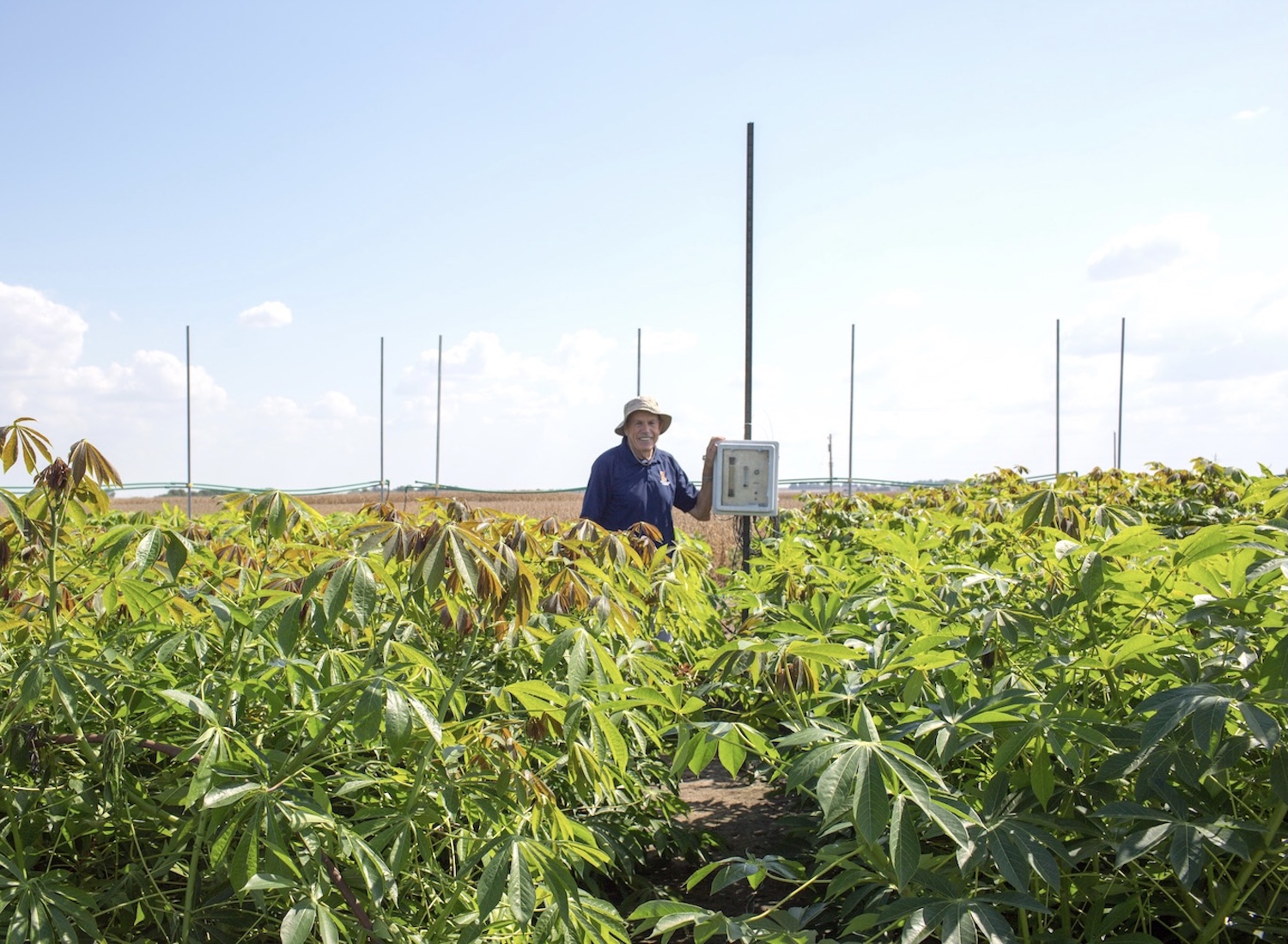Innovative technologies in the agricultural space provides food and climate security

- Researchers have proposed possible solutions to both the food security and climate change emergencies through agricultural technology.
- The team have explained how improvements in agriculture can deliver increased food production and at the same time make a major contribution to climate change mitigation through capture of atmospheric CO2.
- The research explains how cultivating high-yielding crops with advanced practices can give enhanced food production and create space for alternative land uses that further carbon sequestration.
- The authors identify genetic engineering, breeding, soil engineering, agronomic and biomass use technologies to achieve the above.
CHAMPAIGN, Ill. — In their recent paper, a team of scientists—led by Professor David Beerling, Director of the Leverhulme Centre for Climate Change and Mitigation at the University of Sheffield and Professor Stephen Long, Director of the RIPE project at the University of Illinois—proposed transformations to the management of soils, crops, and land to increase the removal of carbon dioxide from the atmosphere.
When it comes to agricultural reforms, the focus is often on the trade-offs between climate change mitigation and food production. The global population is projected to reach 9.7 billion people by 2050, driving the increasing demand for food and resources. At the same time, agriculture is a major contributor to climate change and warming that risks our underperformance in meeting climate change targets.
“Transformations of land management and agronomic practices are required to address food security and climate change. We propose a set of innovative technologies and steps involving amendments to soils and crops, and changes in land use, to simultaneously increase soil fertility, and sequestration of atmospheric CO2,” said Beerling, Sorby Professor of Natural Sciences in the Department of Animal and Plant Sciences at Sheffield.
This research, published in Nature Plants, explains that with new advancements in the digital agricultural space combined with improved agronomic practices, it is possible to have both resilient agriculture that directly mitigates climate change.
“Sustainable yield increases in crops made possible by genomic and genetic engineering technologies could create more space for alternative land uses that further increase carbon storage, including managed afforestation, rewilding or biomass crops as feedstocks for biodegradable materials and bioenergy,” said Long, Ikenberry Endowed University Chair of Crop Sciences and Plant Biology at Illinois. “But careful analysis is needed to discover which approach can deliver the greatest climate change mitigation in the shortest time.”
Realizing Increased Photosynthetic Efficiency (RIPE) aims to improve photosynthesis to equip farmers worldwide with higher-yielding crops to ensure everyone has enough food to lead a healthy and productive life. RIPE is sponsored by the Bill & Melinda Gates Foundation, the U.S. Foundation for Food & Agriculture Research, and the U.K. Foreign, Commonwealth & Development Office who are committed to ensuring Global Access and making the project’s technologies available to the farmers who need them the most.
Adapted from a news release by Lancaster University and a news release by the University of Sheffield.